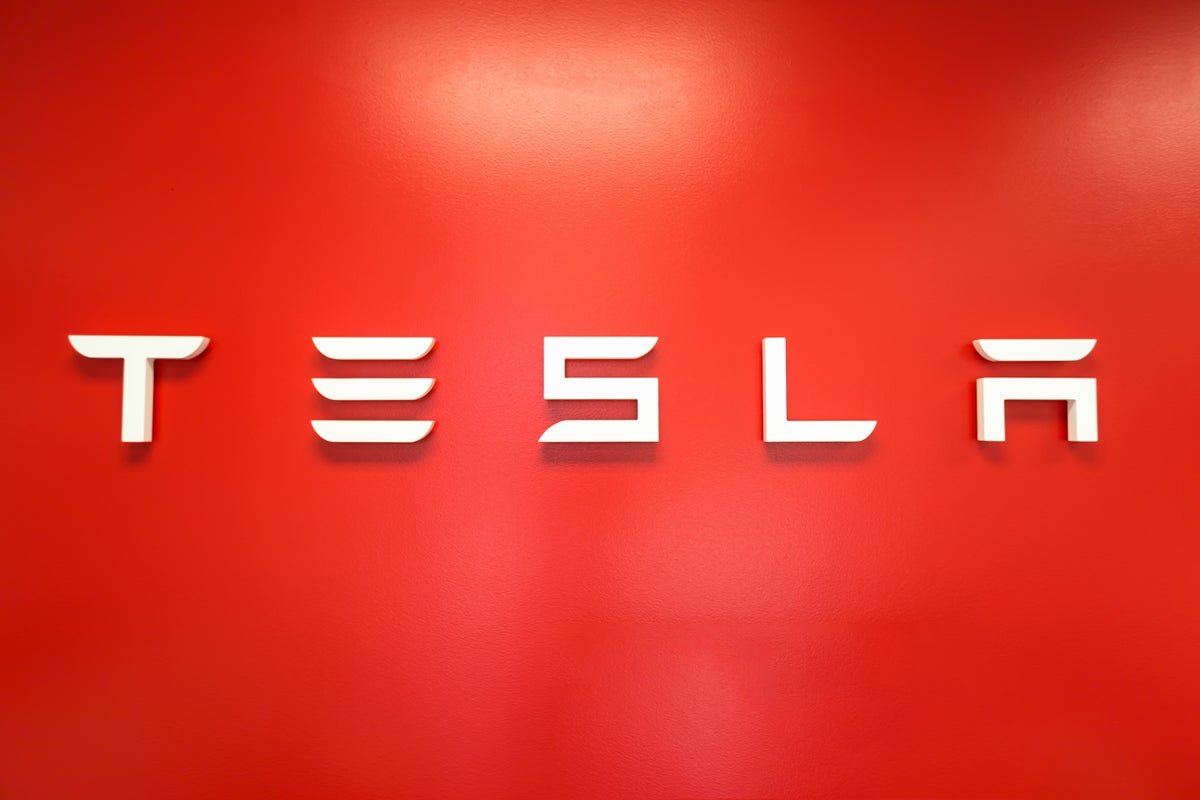Alibaba Group Holding Ltd, a leading Chinese conglomerate, has recently disclosed a more extensive involvement of Chinese government stakes within its various business units than previously known. This revelation came following a request for information from the U.S. Securities and Exchange Commission (SEC).
Based in Hangzhou, Alibaba disclosed in filings in the U.S. and Hong Kong that Chinese state-owned enterprises or foreign sovereign wealth funds partially own numerous entities within its conglomerate. This disclosure comes at a time when China’s Communist Party has expressed its intention to significantly influence the nation’s technology and scientific development sectors.
The SEC’s inquiry prompted Alibaba to amend its previous filings, highlighting Chinese government ownership in six direct-sales businesses, accounting for less than 6% of its total revenue for the fiscal year ending March 2023. Ownership percentages by state-owned enterprises in these businesses ranged from under 10% to below 30%.
Furthermore, Alibaba disclosed ownership stakes by state entities in its ventures spanning sports, health, logistics, and local consumer services sectors, alongside minor investments by sovereign wealth funds from countries such as Singapore, Malaysia, the UAE, and Qatar.
This development adds to the notion of “golden shares” held by the Chinese government in leading tech firms like Alibaba and Tencent Holdings Ltd, allowing for potential government influence over company decisions.
During its restructuring efforts, Alibaba, under CEO Eddie Wu, is navigating challenges to rejuvenate its e-commerce, logistics, and cloud services portfolio in a competitive and regulatory intense environment. Co-founder Joe Tsai remains optimistic about the company’s prospects despite facing hurdles like organizational changes, the suspension of a cloud computing IPO, and growing e-commerce competition.
In an interview, Tsai highlighted the positive impact of recent restructuring and management changes. He anticipates e-commerce penetration in China to rise from 30% to over 40% in the next five years. Tsai and Jack Ma have reinforced their belief in Alibaba’s future by purchasing more than $200 million in company shares.
Although the IPO for Alibaba’s logistics arm, Cainiao, has been postponed due to market challenges, Tsai signals readiness for future opportunities. Alibaba stock lost 15% in value last year as it battled heightened domestic competition from companies like PDD Holdings Inc.
As of the latest check, BABA shares are trading higher by 0.61% at $76.42 premarket. This disclosure of Chinese government stakes within Alibaba’s business units sheds light on the complex relationships between the tech giant and the state, highlighting the challenges and opportunities ahead for the company.




